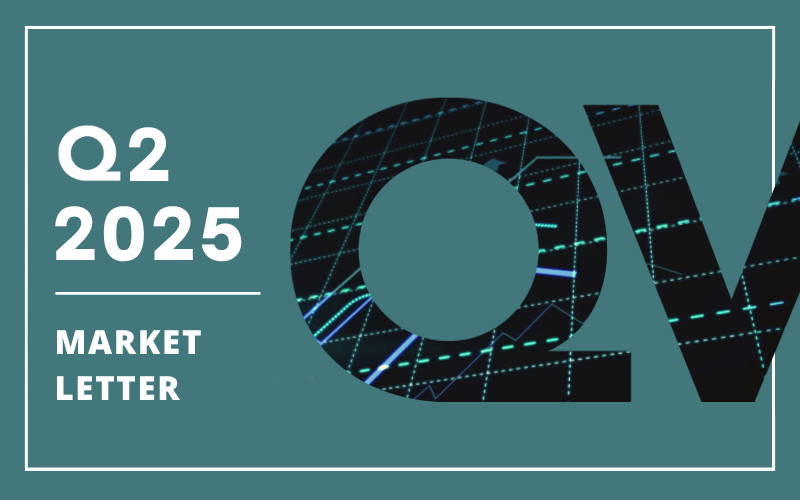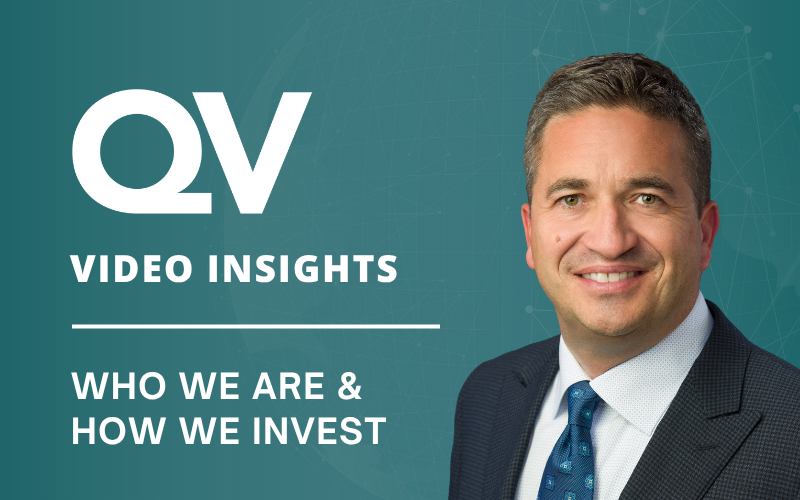In June I had the opportunity to meet with European management teams and attend corporate presentations at investor conferences in Paris and Berlin. Below are a few observations from the trip:
A CYCLICAL REBOUND IN A THREE SPEED WORLD
European earnings are clearly on the rebound and for companies with international operations, the weak Euro is providing an additional tailwind. As an example, QV holding Michelin expects currency alone to contribute more than 15% to operating earnings this year. Meanwhile, improving economic indicators are leading investors to predict the upward trend in earnings may continue. Many CEOs of major European companies remain more circumspect on Europe’s long term prospects however. Instead, the expectation is for a ‘three speed world’. To paraphrase Paul Polman, CEO of Unilever, ‘Europe will be flat, the US will be slow and emerging markets (EM) will be the primary driver of long term global growth’. Many global companies’ corporate strategies reflect this expectation. Unilever already generates 57% of sales from EM and expects this to grow over time. Global beverage giants Heineken and AB Inbev are focused on aligning their portfolios to capture volume growth from the rapid emergence of a middle class in Asia and Africa. This all said, Eurozone earnings have never been so depressed relative to America’s. Expecting some mean reversion is reasonable; currency is helping. It is unclear if Europe’s low growth malaise is over, but many CEOs still aren’t betting on it.
YEARS OF UNDERSPENDING = PENT UP DEMAND?
Our meetings uncovered a litany of anecdotal evidence on how weak growth has resulted in significant underspending in Europe. Capital goods as diverse as forklifts and banking industry hardware are near all-time high average ages. Weinerberger, the world’s largest brick maker, believes six to seven years of underbuilding in Europe has created a significant amount of pent up housing demand. The CFO of Siemens, a German industrial conglomerate, even noted that the company’s end markets have lacked predictable cycles since 2008, making it difficult to invest for the future. This likely explains why Siemens’ capital expenditures remain more than 50% below 2006’s highs. The lack of investment is representative of Europe’s challenges since 2008. While some investment and consumption can be delayed temporarily, much cannot be foregone indefinitely. Given a continuation of economic improvement and cheap credit, any resurgence in corporate and consumer spending is something investors should watch closely.
HOT AND COLD VALUATIONS
Many European valuation measures remain at multi- decade lows relative to US stocks as a result of a six year divergence in corporate profitability. Yet within the European average valuation, a wide discrepancy exists. In a low rate, low growth environment, the market is paying high premiums for companies with high visibility on growing cash flows. Alternatively, more economically sensitive stocks still trade at quite low multiples of book due to years of under-earning. Profitability and multiple mean reversion in such companies remains largely dependent on the persistence of Europe’s economic rebound. So while we continue to spot opportunities in Europe, we see few free lunches.
THE MARGINAL FRENCH PINT
Using the college student’s international unit of value, beer, we’ll close with an exercise in relative valuation. A pint of beer costs €10-12 in Paris, €4-6 in Berlin and €1.5-2 in Prague. While the comparison has flaws, it illustrates a point on price competiveness as well as input costs in Europe. In Paris, we witnessed a street protest against ending the 35 hour work week (the Horror!); we were told that firing was a dirty word by one French company; and we learned of the Economy Minister’s crusade against consolidation in the telecommunications industry in order to ‘protect jobs’. Meanwhile in Berlin, we spoke with a German industrial company who had just lowered a factory’s labor costs by more than 50% by relocating it to the Czech Republic. High relative input costs are not unique to Western Europe, but resistance to lowering labor costs is more prevalent, especially in France. In an environment of challenged growth, the winners will be those who take the necessary steps to remain competitive. Absent difficult structural changes, we struggle to envision how superior long term growth and investor returns will be possible in France.




